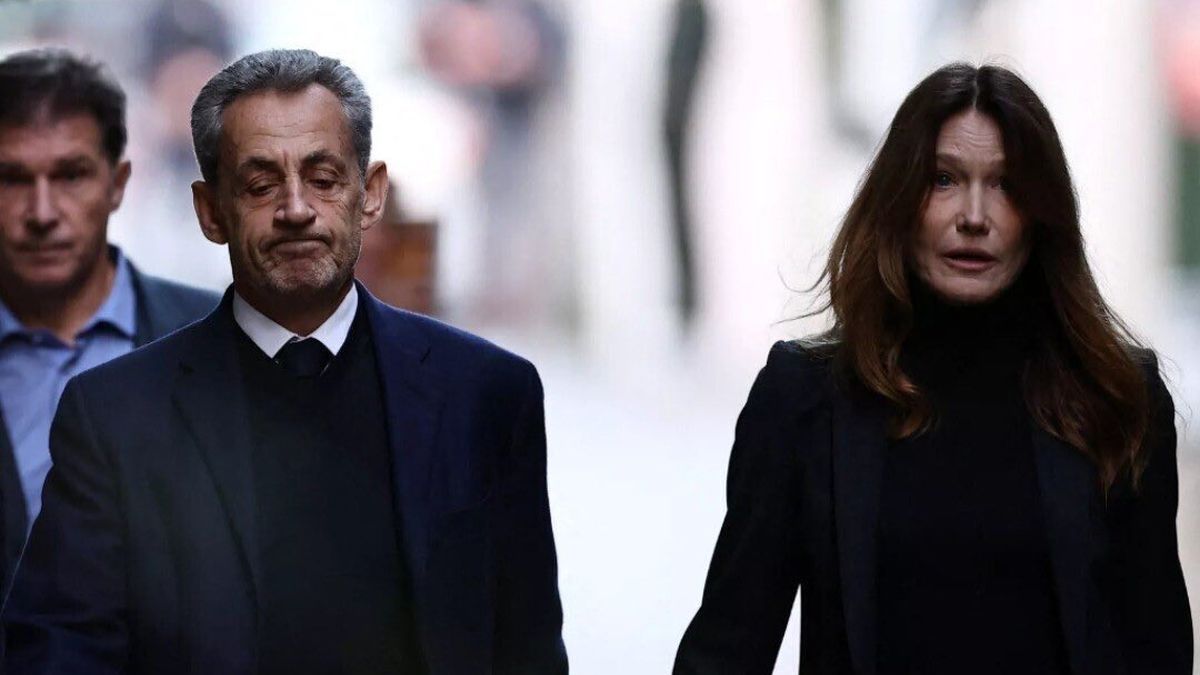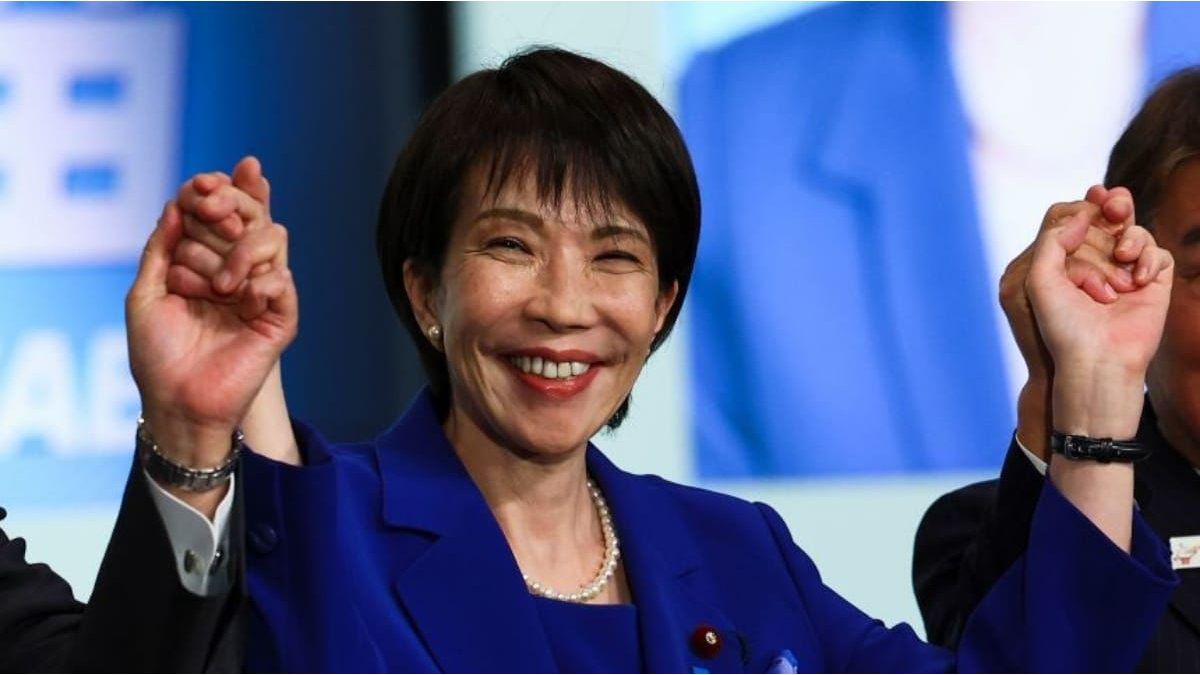I have been working in the news industry for over 6 years, first as a reporter and now as an editor. I have covered politics extensively, and my work has appeared in major newspapers and online news outlets around the world. In addition to my writing, I also contribute regularly to 24 Hours World.
Menu
Federal budget: At the compromise limit: What the traffic light coalition wants to spend money on
Categories
Most Read
Conviction in Libya affair: Sarkozy begins imprisonment in Paris
October 21, 2025
No Comments
Ukraine war: Europeans: Front line must be the basis for Ukraine talks
October 21, 2025
No Comments
Nicolas Sarkozy: What awaits France’s ex-president in prison
October 21, 2025
No Comments
Reserve soldiers in action: US court allows National Guard deployment to Portland
October 21, 2025
No Comments
Migration: CDU social wing is critical of Merz’s words about the “cityscape”.
October 21, 2025
No Comments
Latest Posts

The Knowledge Economy reached record exports of US$9,685 million
October 21, 2025
No Comments
Between July 2024 and June 2025, knowledge economy exports reached a record of US$9,685 millionwhich consolidated the Knowledge Economy as the third export complex in

Former French President Nicolas Sarkozy was transferred to serve his five-year prison sentence
October 21, 2025
No Comments
October 21, 2025 – 09:57 Former president Nicolas Sarkozy was imprisoned in La Santé prison in Paris after being found guilty of illegally financing his

Who is Sanae Takaichi, the Iron Lady of Japan
October 21, 2025
No Comments
The politics Sanae Takaichi She was elected this Tuesday as Prime Minister of Japanbecoming the first woman to achieve this. Hard-line conservative, and follower of
24 Hours Worlds is a comprehensive source of instant world current affairs, offering up-to-the-minute coverage of breaking news and events from around the globe. With a team of experienced journalists and experts on hand 24/7.

